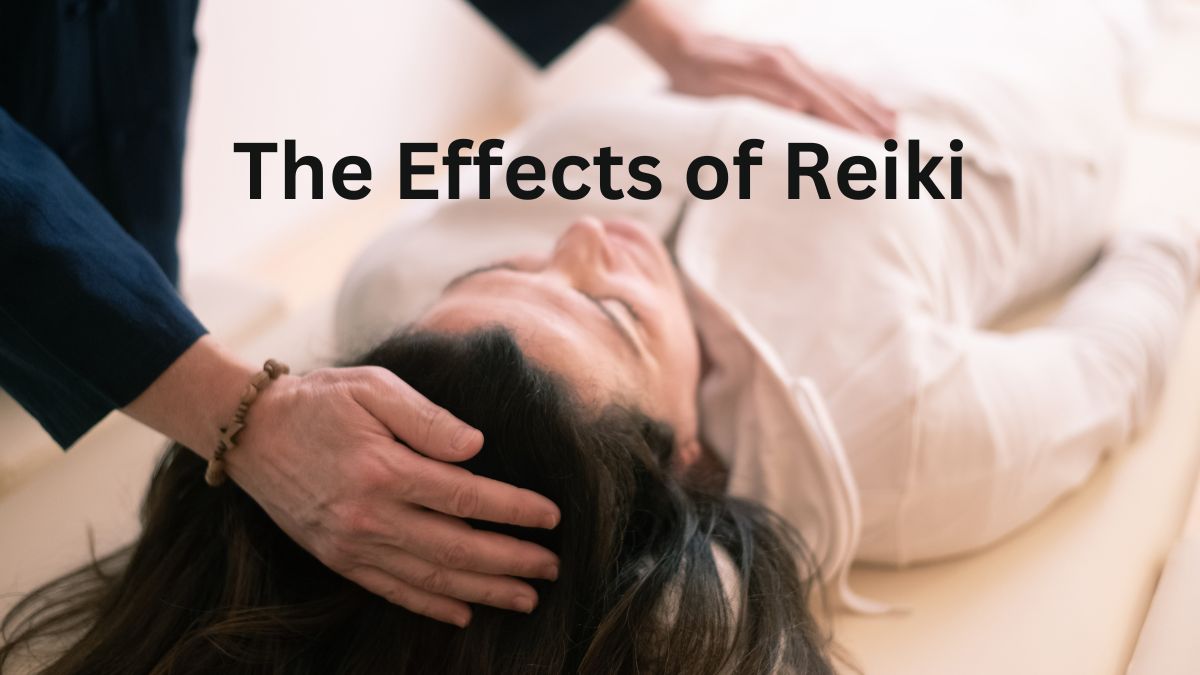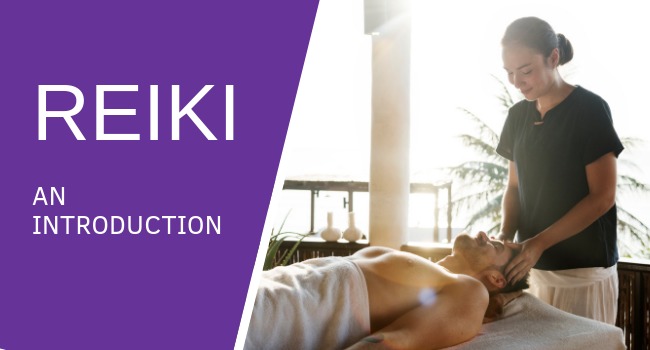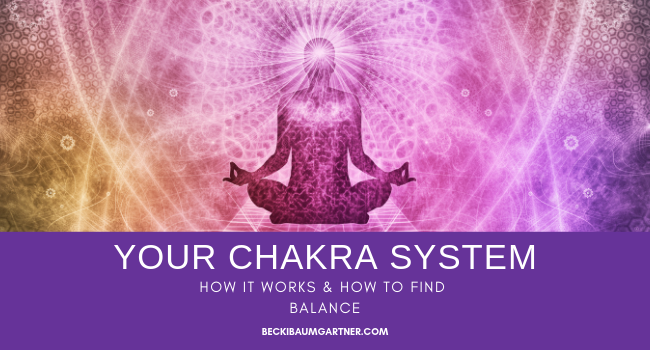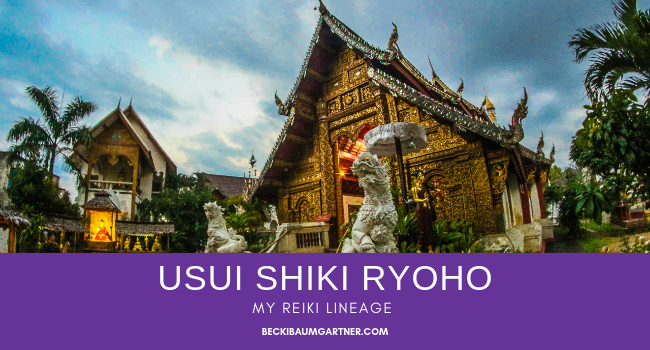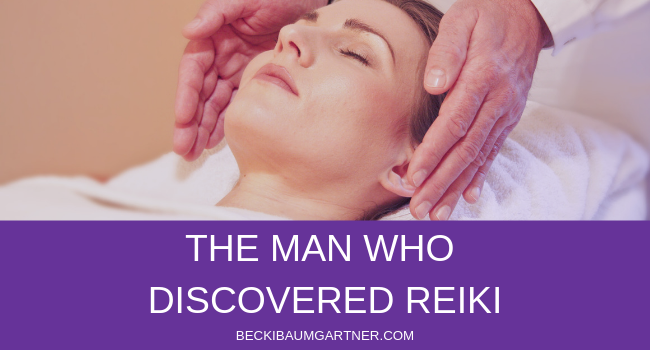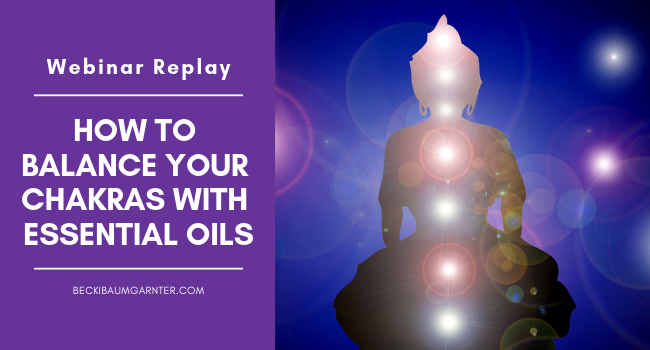Reiki is a gentle, hands-on energy healing practice that profoundly affects the body, mind, emotions, and spirit. While it’s often described spiritually, Reiki is not a religion or cult. It’s a subtle healing modality—similar to acupuncture but without needles—that restores balance by supporting the body’s natural energy flow.
Whether you’re new to energy work or already a seasoned practitioner, understanding the effects of Reiki on all levels of wellness can deepen your appreciation for its power. Better yet, growing scientific research is beginning to validate what Reiki practitioners have known for decades: Reiki works.
What Is Reiki?
Reiki (pronounced ray-key) is a Japanese technique for stress reduction, relaxation, and healing. The word “Reiki” combines two Japanese words:
- Rei: universal, divine, or spiritual wisdom
- Ki: life energy (also called prana, qi, or vital force in other traditions)
During a Reiki session, the practitioner gently places their hands on or just above the client’s body. The practitioner serves as a conduit for universal life energy, which flows through their hands into the recipient’s energy field.
Unlike massage or physical manipulation, Reiki works energetically—reaching deep layers of the body and spirit where imbalance begins.
Reiki Is Not a Religion
One of the most common misconceptions about Reiki is that it’s a religious practice or cult. In reality, Reiki requires no particular beliefs and has no doctrine or dogma. People of all faiths (or none at all) can benefit from Reiki.
There are no rituals, conversions, or religious symbols involved. Reiki simply supports the body’s natural healing intelligence. It complements—but never replaces—medical care, therapy, or spiritual practice.
The Effects of Reiki on the Body
Reiki helps restore the body’s natural balance and supports the parasympathetic nervous system—the body’s “rest and digest” mode. Here’s what research and experience show:
Physical Effects of Reiki:
- Eases pain: A 2025 study in Journal of Pain and Symptom Management showed significant pain relief in cancer patients receiving Reiki compared to standard care alone.
- Aids sleep: Reiki helps regulate cortisol and melatonin levels, leading to deeper, more restorative sleep.
- Boosts immune function: Regular Reiki sessions help lower stress hormones like cortisol, allowing the immune system to function more efficiently.
- Enhances recovery: Post-surgical patients often heal faster when Reiki is included in their care plan.
Many clients feel a deep sense of warmth, tingling, or pulsing during and after sessions. Reiki often eases tension, headaches, fatigue, and digestive issues without side effects.
Mental and Emotional Effects of Reiki
Our mental and emotional bodies are deeply intertwined with our physical health. Reiki helps clear stuck or overwhelming thoughts, calms anxiety, and creates a safe space for emotional release.
Mental and Emotional Benefits:
- Eases anxiety and depression: A 2024 study showed the therapeutic effects of Reiki on anxiety. Some integrative health practices incorporate it for anxiety, depression, and other mental health issues.
- Boosts mood and clarity: Reiki brings the brain into alpha and theta states, which are associated with calm, focus, and creativity.
- Promotes emotional release: Reiki often gently brings buried emotions to the surface, allowing for release and integration.
Many clients report feeling lighter, clearer, and more emotionally balanced after a session. It’s as if the energetic “noise” in the mind quiets, making space for peace and self-awareness.
Spiritual Effects of Reiki
While Reiki is not religious, it does have a powerful spiritual impact. It often leads to a deeper connection with the self, others, and the greater whole.
Spiritual Benefits:
- Strengthens intuition: Reiki opens the third eye and crown chakras, allowing for greater insight, clarity, and inner wisdom.
- Encourages spiritual growth: Reiki supports practices like meditation, prayer, and contemplation by helping the practitioner remain grounded and centered.
- Increases connection: Many describe feeling more in tune with nature, universal energy, and life cycles after consistent Reiki work.
Reiki doesn’t tell you what to believe. Instead, it helps you access your own inner truth, spiritual authority, and divine connection.
How Reiki Works Energetically
Reiki works by channeling life force energy into areas where your energy is weak, blocked, or out of balance. These imbalances may arise from stress, trauma, injury, toxic environments, or emotional suppression.
Just like acupuncture regulates energy flow through meridians, Reiki clears, charges, and balances the chakras and auric field. But unlike acupuncture, there are no needles or physical pressure—only gentle, loving energy.
Scientific Support for Reiki
While science can’t yet measure subtle energy directly, many studies have measured Reiki’s effects on the nervous system, pain levels, heart rate variability, and psychological well-being.
Key Scientific Findings:
- Pain Reduction: A phase II trial of Reiki for the management of pain in advanced cancer patients in The Journal of Pain and Symptom Management (2003) supports the hypothesis that Reiki, when used in conjunction with standard pain management strategies, relieves pain and improves quality of life.
- Immediate Beneficial Effects on the Autonomic Nervous System: A 2011 randomized controlled trial showed the immediate beneficial effects of Reiki on heart rate variability, cortisol levels, and body temperature in health care professionals with burnout, pointing to beneficial effects for the autonomic nervous system.
- Supportive for Chronic Conditions: Reiki is being integrated into many hospitals, cancer centers, and hospice programs as a supportive therapy for chronic illness, grief, and trauma recovery.
More research is emerging, but even now, institutions like the Cleveland Clinic, Johns Hopkins, and Yale have offered Reiki as part of patient care.
What to Expect During a Reiki Session
Every Reiki session is unique, but here’s what you can generally expect:
- A quiet, peaceful setting with soft music and low lighting
- Fully clothed, lying comfortably on a massage table
- Light hand placements along the head, torso, arms, and legs
- Gentle sensations such as warmth, tingling, or emotional shifts
- A feeling of deep calm, clarity, and renewal afterward
Sessions often last between 30 minutes and an hour. Most clients benefit from regular sessions, especially when facing stress, illness, or major life transitions.
Reiki Complements All Forms of Healing
Reiki integrates beautifully with:
- Traditional medicine
- Holistic therapies
- Counseling and mental health treatment
- Physical therapy and chiropractic
- Spiritual practice and self-reflection
Reiki never interferes with medical treatment and often enhances its results. It supports you—body, mind, and soul—as you navigate healing on all levels.
Final Thoughts: A Gentle Path to Deep Healing
The effects of Reiki are subtle yet powerful. Reiki offers a holistic way to reconnect with your body’s wisdom, soothe your emotions, quiet the mind, and nourish the soul. While the experience is deeply personal, science is beginning to catch up, offering a growing body of evidence that this ancient practice has real, measurable benefits.
Whether you are seeking pain relief, emotional balance, spiritual growth, or simply a pause in your busy life, Reiki meets you where you are and helps guide you back to wholeness.
Sources:
- Díaz-Rodríguez, L., Arroyo-Morales, M., Fernández-De-Las-Peñas, C., García-Lafuente, F., García-Royo, C., & Tomás-Rojas, I. (2011). Immediate effects of reiki on heart rate variability, cortisol levels, and body temperature in health care professionals with burnout. Biological Research for Nursing, 13(4), 376–382. https://doi.org/10.1177/1099800410389166
- Doctormmdev. (2024, January 24). Why More People are Considering Reiki For Anxiety, Depression, and Chronic Pain. | Aloha Integrative Health. Aloha Integrative Health. https://alohaintegrativehealth.com/why-more-people-are-considering-reiki-for-anxiety-depression-and-chronic-pain/
- Dyer, N., PhD. et.al. (2025, March). Evaluation of a Reiki Volunteer Program within Two Cancer Infusion Centers. Journal of Pain and Symptom Management. Retrieved April 13, 2025, from https://www.jpsmjournal.com/article/S0885-3924(24)01132-1/abstract
- Guo, X., Long, Y., Qin, Z., & Fan, Y. (2024). Therapeutic effects of Reiki on interventions for anxiety: a meta-analysis. BMC Palliative Care, 23(1). https://doi.org/10.1186/s12904-024-01439-x
- McManus, D. E. (2017). Reiki is better than placebo and has broad potential as a complementary health therapy. Journal of Evidence-Based Complementary & Alternative Medicine, 22(4), 1051–1057. https://doi.org/10.1177/2156587217728644
- Olson, K., RN, PhD, Hanson, J., Msc, & Michaud, M. (2003, November). A phase II trial of reiki for the management of pain in advanced cancer patients. Journal of Pain and Symptom Management. Retrieved April 12, 2025, from https://www.jpsmjournal.com/article/S0885-3924(03)00334-8/fulltext
